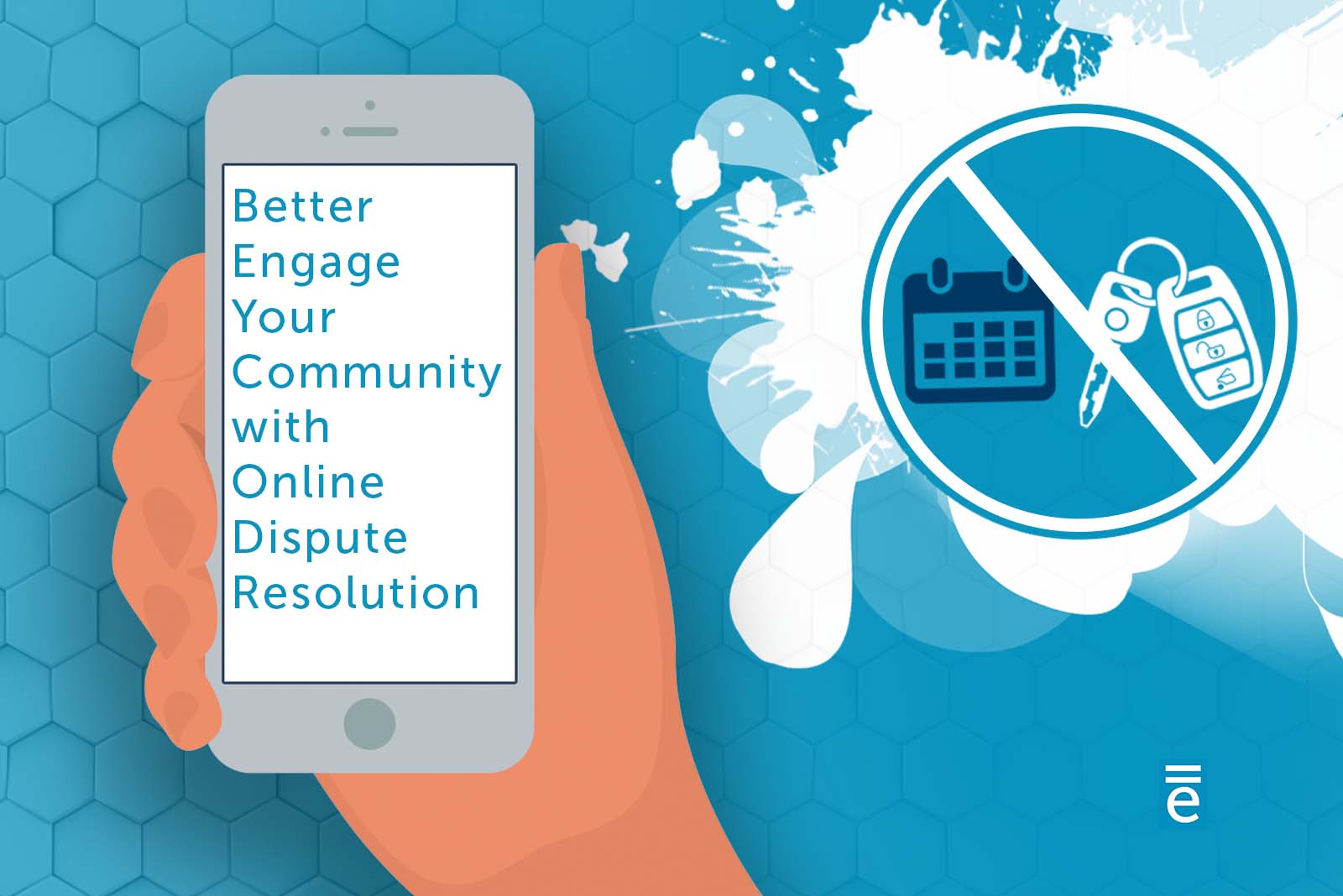Case Formulation: The Key to Evaluating Your EBP
Try taking a step back and evaluating your EBP using the case formulation framework. Case formulation is bigger than case management – it’s about the way your agency and your partner agencies are navigating through a case, not just the way you’re managing it. And it might be the key to ensuring your EBP is working the way it should.










